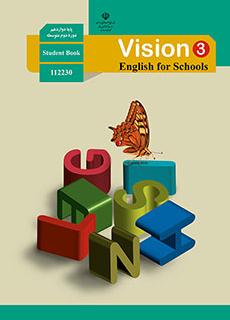 آزمون آنلاین
انگلیسی 3
-
انگلیسی 3
| آزمون شماره 10491
آزمون آنلاین
انگلیسی 3
-
انگلیسی 3
| آزمون شماره 10491
 تعداد سوالات:
تعداد سوالات:
 درجه سختی آزمون:
درجه سختی آزمون:
 تعداد شرکت کنندگان:
تعداد شرکت کنندگان:
 میانگین درصد شرکت کنندگان:
میانگین درصد شرکت کنندگان:
 0
از
5
(از مجموع 0 نظر)
0
از
5
(از مجموع 0 نظر)
 119
119
 0
0
نظر شما درباره این مطلب چیست؟
دیگر آزمون آنلاينهای انگلیسی 3 انگلیسی 3
 0
از
5
(از مجموع 0 نظر)
0
از
5
(از مجموع 0 نظر)


 تعداد سوالات:
تعداد سوالات:
 درجه سختی آزمون:
درجه سختی آزمون:
 تعداد شرکت کنندگان:
تعداد شرکت کنندگان:
 میانگین درصد شرکت کنندگان:
میانگین درصد شرکت کنندگان:

از حل تمرین زیاد خسته شدی؟
تمرینهای سطحبندی شده در همدرس!
دیگر آزمون آنلاينهای انگلیسی 3 انگلیسی 3

























